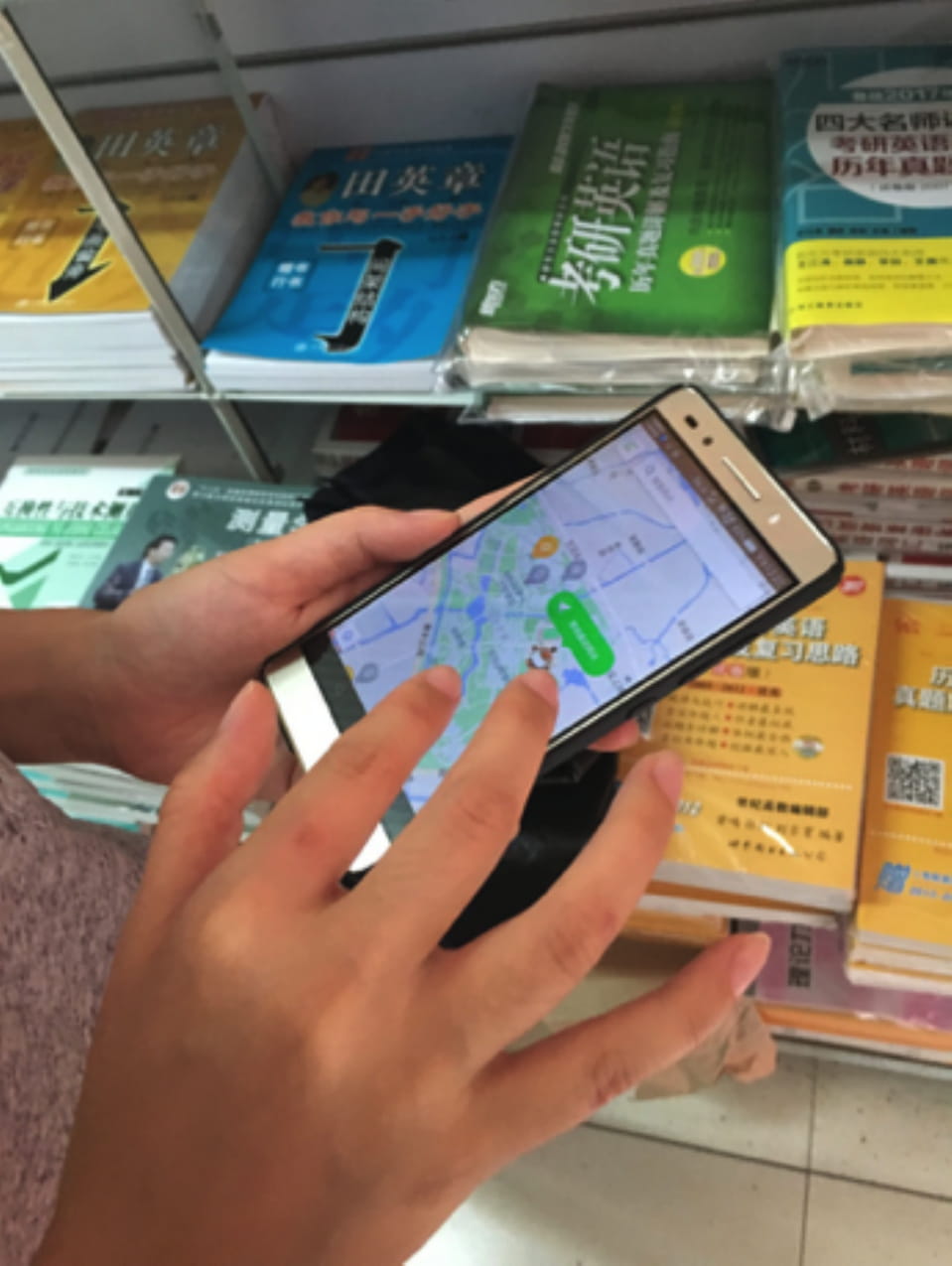Transforming urban mobility towards sustainability through the sharing economy
Shanghai is one of the largest cities and most vibrant economic centres in the world. Rapid urban sprawl together with population growth in the past 30 years has placed severe pressures on its infrastructure and ecology, especially on the transport system. The city’s notoriously congested and insufficient transport systems have threatened the wellbeing of its more than 25 million residents.
In response, since 2010, a series of technology companies have attempted to use the internet-based sharing economy to solve these problems. Financed by either private or public capitals, the disruptive business innovation in the urban mobility sector has brought disruptive changes in the area of large-scale bike-sharing, electrical-vehicle-sharing and ride-sharing. Meanwhile, it has also created tensions between the disruptive busuiness scale-up and sustainable tradeoffs in cities.
Against this background, we ask the question: How can cities harness the power of sharing mobility business innovation towards sustainable transformation?

We have investigated the question from three perspectives:
- Co-creation: how do society and business co-create sustainable values through effective engagement and social learning processes in the sharing mobility sector.
- Co-evolution: how do sharing mobility business and the city co-evolve sustainable visions and practices through policy and business innovations.
- Co-governance: how do society, business and government co-govern the sustainable trade-offs of disruptive sharing mobility business through collaborative partnerships.
We rely on three main methods to achieve the research goal:
- Stakeholder workshops: we organised three workshops in Shanghai, Beijing and Oxford to gather stakeholder opinions on the phenomenal sharing mobility business and their social, environmental and economic impacts.
- Ethnographic studies and stakeholder interviews: we conducted long-term fieldwork with sharing mobility companies, users and labour providers, as well as policy makers, academics and urban citizens, in order to discover emerging patterns of socio-economic relationships during the business development process.
- Behavioural and cultural-cognitive surveys: we conducted large-scale surveys to discover behavioural, cultural and cognitive changes of sharing mobility users and assessed their impact for sustainable consumption and production.

 We have found:
We have found:
- Sharing urban mobility can enable win-win strategies that provide short-term socioeconomic benefits and efficient longer-term sustainability solutions through mitigation and adaptation gains.
- App-based platforms are reconfiguring relations between consumers, businesses, and labour within urban transport systems in revolutionary ways, creating new modes of transport, economic value and efficiencies.
- Multiple forms of sharing—of vehicles, data, and responsibilities for maintaining a virtuous sharing environment—amongst businesses, users, and governments are needed to avoid stresses on transport infrastructure and public resources.
- New collaborative governance models can drive disruptive sharing innovations towards sustainable development goals for climate-smart urban transformation. Adaptive governance requires policy support for social learning, data sharing, and value co-creation between government, mobility service companies, and citizen groups.
